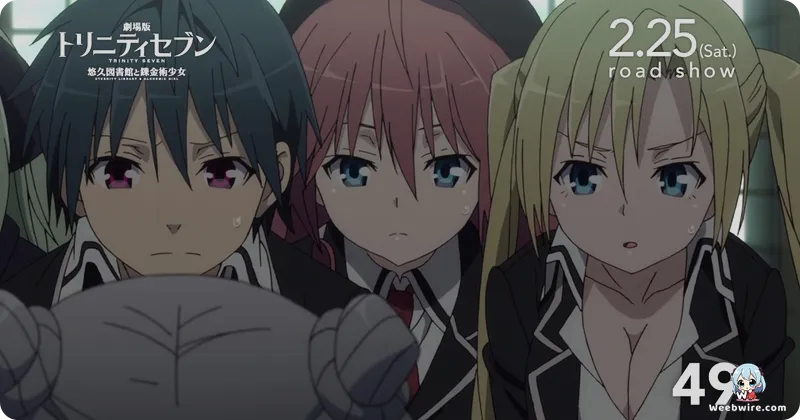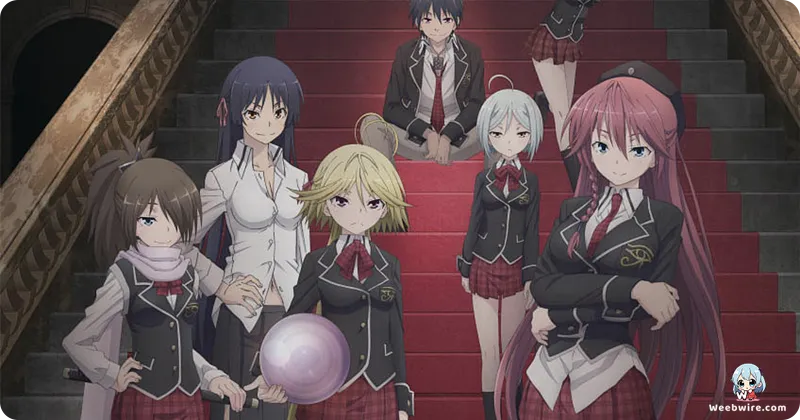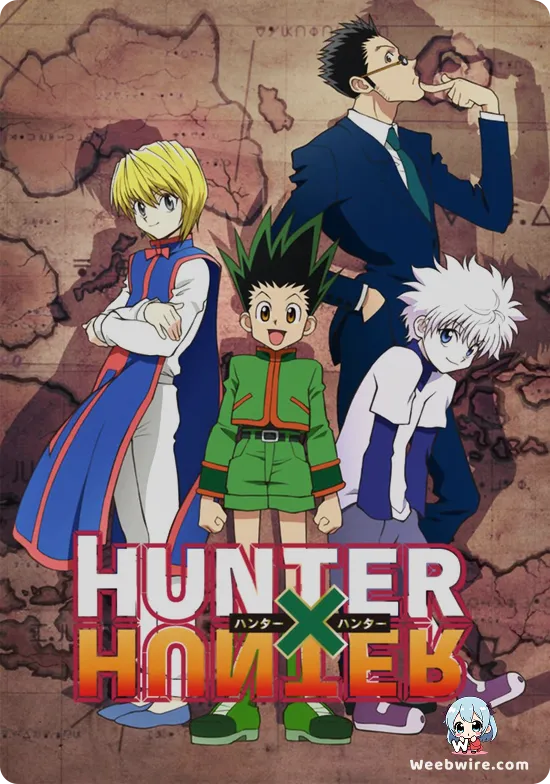More Than Meets the Eye: TRINITY SEVEN's Masterful Blend of Magic, Humor, and Unconventional Heroism

As a seasoned editor, I've witnessed countless anime series attempt to blend action, comedy, and fantasy. Yet, few achieve the depth and ingenuity of TRINITY SEVEN. This series masterfully transcends its initial ecchi categorization, revealing a truly sophisticated magic system and an utterly unique protagonist. Its genius lies in its intricate lore, genre-bending narrative, and a hero who boldly defies conventional archetypes, proving that clever subversion can lead to a truly remarkable fantastical world.
The narrative begins with Arata Kasuga, whose life is irrevocably altered by the mysterious 'Collapse Phenomenon,' an event that devastates his hometown and claims his beloved cousin, Hijiri. Driven by an unwavering resolve to restore his reality, Arata enrolls in the secretive Royal Biblia Academy. Here, he uncovers his extraordinary potential as a 'Demon Lord Candidate.' His perilous journey is not solitary; he is joined by the formidable 'Trinity Seven' – seven powerful female mages, each embodying a distinct magical archive intricately linked to one of the seven deadly sins.
A Deep Dive into TRINITY SEVEN's Magic System
A cornerstone of TRINITY SEVEN's brilliance is its meticulously structured and philosophically rich magic system. Each Trinity Seven mage commands an 'archive' that correlates to a deadly sin, but with an ingenious twist. For example, Levi Kazama, representing Invidia (Envy), masters 'Creare' (Creation), while Lilith Asami, linked to Luxuria (Lust), wields 'Abies' (Desire). This intricate framework transforms magical encounters into strategic dances of unique abilities, exploring human desire and ambition as profound sources of power within the series' universe.
Arata Kasuga: A Protagonist Redefined
Arata Kasuga himself is a refreshing departure from the typical shonen protagonist. While unashamedly perverted, his blunt honesty and remarkable lack of embarrassment are surprisingly portrayed as strengths. These traits often disarm opponents and foster genuine connections, frequently catalyzing breakthroughs in both combat and character development. Furthermore, his 'Demon Lord' potential is depicted not as a dark, destructive force, but rather as immense magical power that he diligently learns to control and wield for benevolent ends.

The series expertly balances its ecchi elements with a compelling and urgent plot. Fan service is seamlessly integrated into the comedy, character interactions, and even certain magical abilities, ensuring the narrative remains firmly focused on saving the world and unraveling profound magical mysteries. The humor provides a much-needed lighthearted counterpoint to the often serious stakes involved.
The world-building extends beyond the mages, introducing charming and insightful elements like sentient grimoires, such as Arata's own 'Grimgore.' TRINITY SEVEN continuously unveils new lore and formidable threats, ensuring sustained engagement for its audience. The Royal Biblia Academy itself serves as a vital nexus of ancient knowledge and magical discovery.
Ultimately, TRINITY SEVEN distinguishes itself through its audacious character development and its richly detailed magical universe. It challenges viewers to look beyond its surface appeal, encouraging appreciation for its intelligent writing, intricate plot, and unique character dynamics. Its enduring popularity is a testament to its distinctive fusion of humor, action, and genuine heart, making it a series that truly defies easy categorization.
Credits
TRINITY SEVEN
Author
Kenji Saitō (writer), Akinari Nao (artist)
Cover Art
Akinari Nao
Studio
Seven Arcs
Publisher
Kadokawa Shoten
Producers





